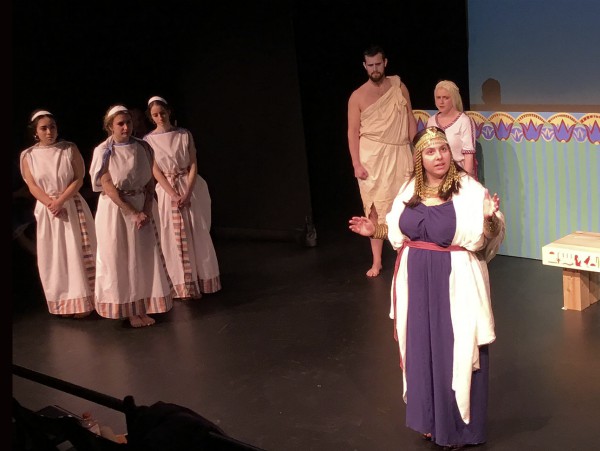Majoring in classics is a superb instrument in exploring the broad liberal arts landscape. It combines rigorous technical training, an immersion in outstanding literature and art, and deep historical, philosophical and theological study. Perhaps the oldest of academic fields, it inspires and informs contemporary research and provides avenues to many different careers and professions. And the career options are endless — the study of classics at UVM leaves students ready to pursue a variety of fruitful careers in a most informed state of mind. Explore careers in the Classics.
The UVM Classics department offers the major in Classics with concentrations in either Classical Languages or Classical Studies. The Classical Languages concentration provides intensive training in Greek and Latin, and provides superb preparation for students interested in going to graduate school in Classics or a related field (like archaeology, linguistics, or ancient philosophy), or to become a secondary school teacher. The Classical Studies concentration also provides excellent all-around preparation, but offers students the chance to focus on ancient history, culture, literature and philosophy.










 UVM faculty and
UVM faculty and 